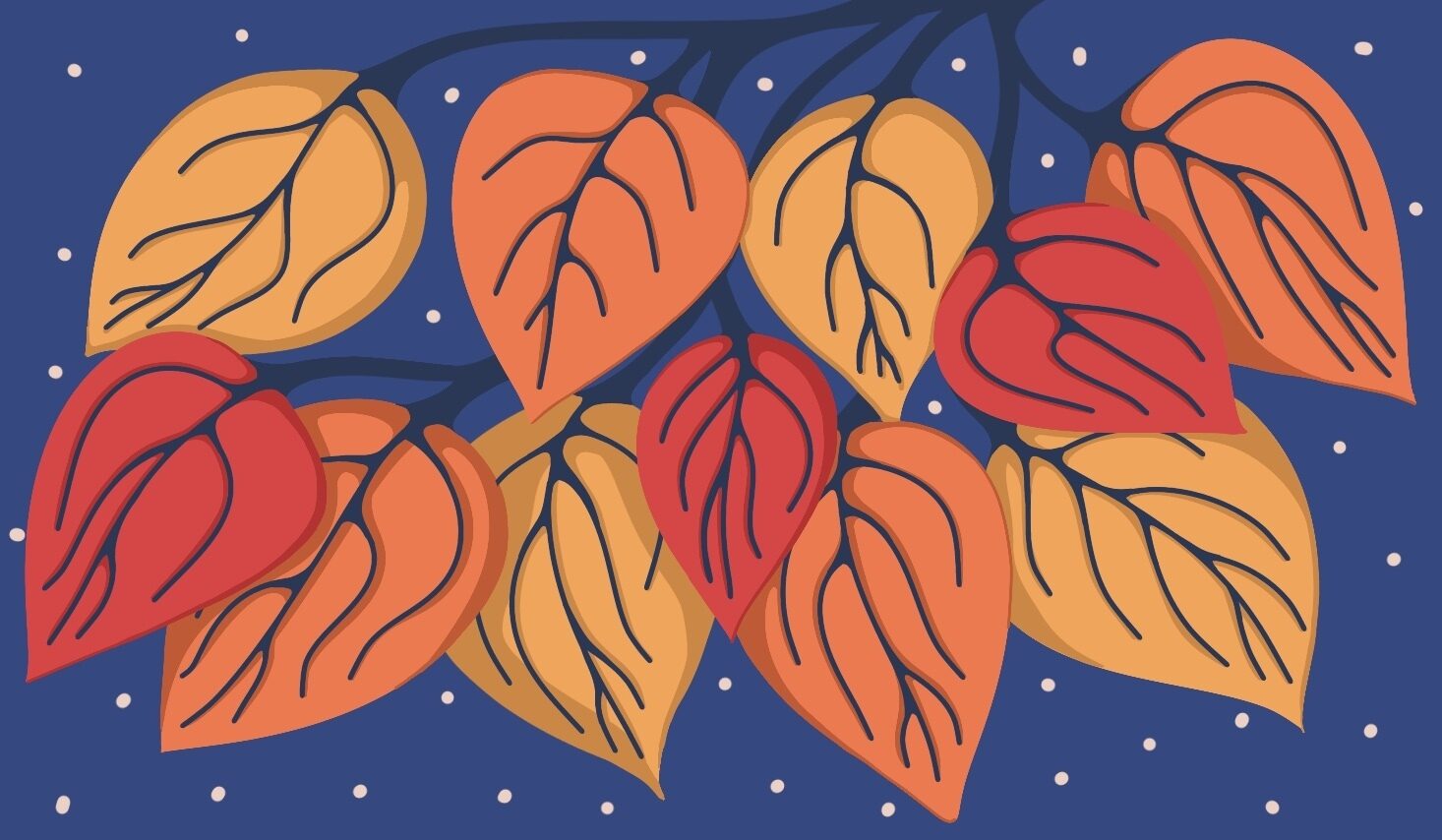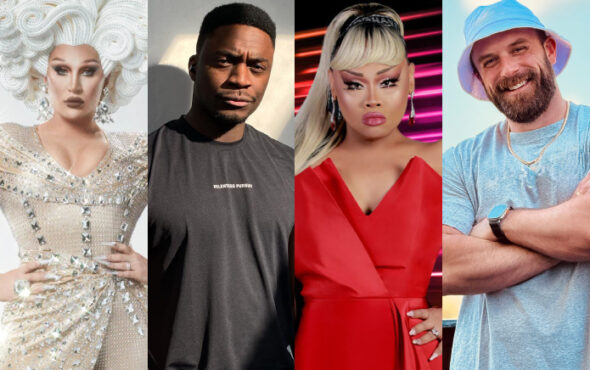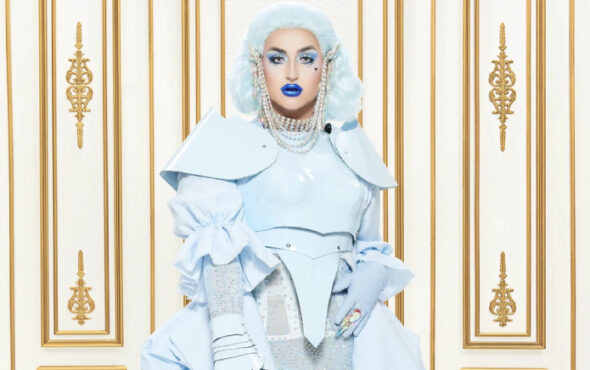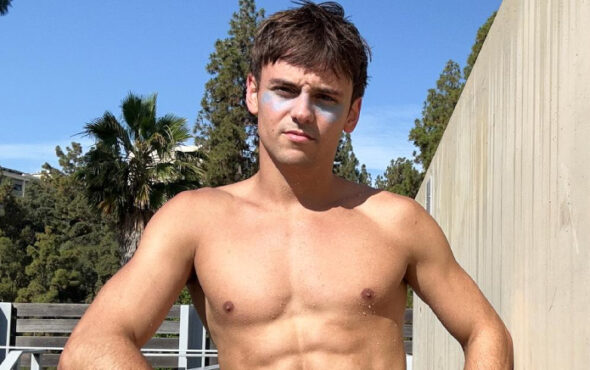
“With love”, she wrote on the title page in her floral cursive.
My mum gifted me a book in 2019 with love. It was a book about love – in the different forms it can take, the purposes it can serve, and the ways in which it can hurt and heal all at once. A year before our relationship would crumble – silence haunting the vast ruins – Ocean Vuong’s words had already begun to strengthen the foundations upon which it’s since been rebuilt. I didn’t know it yet, but this book would be the one that would change me.
Through Vuong’s writing, through his vulnerability, I felt myself cradle my inner child. I let her need her mother. I cried with her as we ached in memory of lives we have not lived, yet live each day through my mother, my grandmother, my grandmother’s grandmother. And I felt all the frayed edges of my being slowly untangle and begin to mend from within.
I started reading On Earth We’re Briefly Gorgeous at a time in my life when love, to me, felt like a cage. This evolving, expanding, energy-exchange was somehow both impenetrable and claustrophobic – and I didn’t know whether I was trapped inside or longing to break in. Looking in and looking out simultaneously, I was caught between two worlds. Two lands, two nations, two cultures.
Upon moving to the UK aged nine, I had consciously rejected my Indian heritage, feeling it imperative that I fit in. But I never truly did. My many intersecting identities – whether I was aware of them at the time or not – formed a fiery pit deep in my stomach that churned with confusion and frustration; the energy pulsating, spitting acid, and pushing away everything with which it came into contact. I felt unseen, unheard, and deeply misunderstood. And while coming out as queer and finding community in London helped soothe some of the burns, there was a part of me that was still noticeably missing.
Could I love myself as I wished I was loved by others? Or was I just as incapable? Unwilling?
In On Earth We’re Briefly Gorgeous, Ocean Vuong writes about how veal is made. How calves are “locked in boxes the size of themselves. A body-box, like a coffin, but alive, like a home.”
As a teenager, sometimes home felt like a coffin. And other times I didn’t know the meaning of home. People would tell me that home is where your heart is – where love is – and I’d begin searching with renewed vigour. But how can you find something when you’re convinced you don’t know what it looks like? What it feels like?
I recall not knowing what it looked or felt like, but, still, I always knew that the love was there. Because, sometimes, thorns adorn a rose bush to protect the flower from being harmed. And other times you’re just a little girl giggling in her arms, identical nose scrunches like roses in the middle of our moon faces. Tissue roses that we’d painstakingly stick onto endless art projects. Labours of love.
Vuong’s book contains two stories of love. The first part is one between a mother and a son. And the second I interpret as being between an adolescent boy and his queerness; represented by a local teenager, Trevor, who Vuong has described as being a “composite” of many boys he knew growing up. These aren’t like the love stories I’d immerse myself in to escape reality as a teenager, nor a satirical commentary on love. They’re simple. Simple not as in shallow – for I swam in oceans of my tears and never touched the bottom – but as in honest; real.
Rather than escaping reality through these love stories, I found myself. On paper, Ocean Vuong and I have little in common. Aside from perhaps a shared queerness, an immigrant mother, and a supposed desire to reveal ourselves to the world through words, we’ve led vastly different lives. But such is the power of storytelling. Along with empathising with his experiences as a reader might, and revelling in his poetic artistry, I gathered the breadcrumbs I needed and fed my own soul. I found meaning in his descriptions of intergenerational and interpersonal relationships, sexual exploration, and self discovery. And, through it, I uncovered a world rich with inspiration and innovation.
Vuong once said – not in this book but as a guest on a podcast – that being queer saved his life. Well, I can unequivocally say: it also saved mine. While some consider queerness as depriving, damaging, or even a curse, I consider it infinitely expansive. Being queer has not only provided me with community and theory that allow me to better understand myself and the ways in which this understanding has long been skewed and limited by society, it has also broadened the scope of possibility. Queerness “demanded an alternative innovation” from Vuong, and I discovered that this innovation was within me all along. It just hadn’t found anywhere to feel at home. I hadn’t found anywhere to feel at home.
A year after I finished reading On Earth We’re Briefly Gorgeous, I came out as non-binary in the smoking area of a gay club. I had realised that this innovation included a love for myself. A love that inspired me to believe that I deserve a safer and better world; that we all do. And that we can create it together, all the time, even merely through existing. The impossible became possible in the queer existence – the world brighter through a hopeful and transformative lens – as the words in front of me swam across vast empires of paper. Bound together like I’ll be forever bound to my heritage, to my ancestors, to my family. But, through loving myself, I was able to not only accept and love this cage, but also begin to heal from some of the accompanying intergenerational trauma.
For it was, as I unveiled, not so much a cage as a room, lined with mirrors. All I had to do was reach out and embrace my mother’s face smiling back at me. And then I was free.
Prishita is one of three panellists taking part in the Penguin Pride 2022 Penguin Live Event. It will take place at Above The Stag, Vauxhall, 20th July 2022.
Prishita will be joined by fellow panellists Liam Konemann and Joel Rochester to talk about the LGBTQ+ inclusive books that changed their lives, leading the audience through personal and uplifting stories of self-discovery and the unique power of reading.
Tickets are now sold out but you can watch the live stream of the event here.



